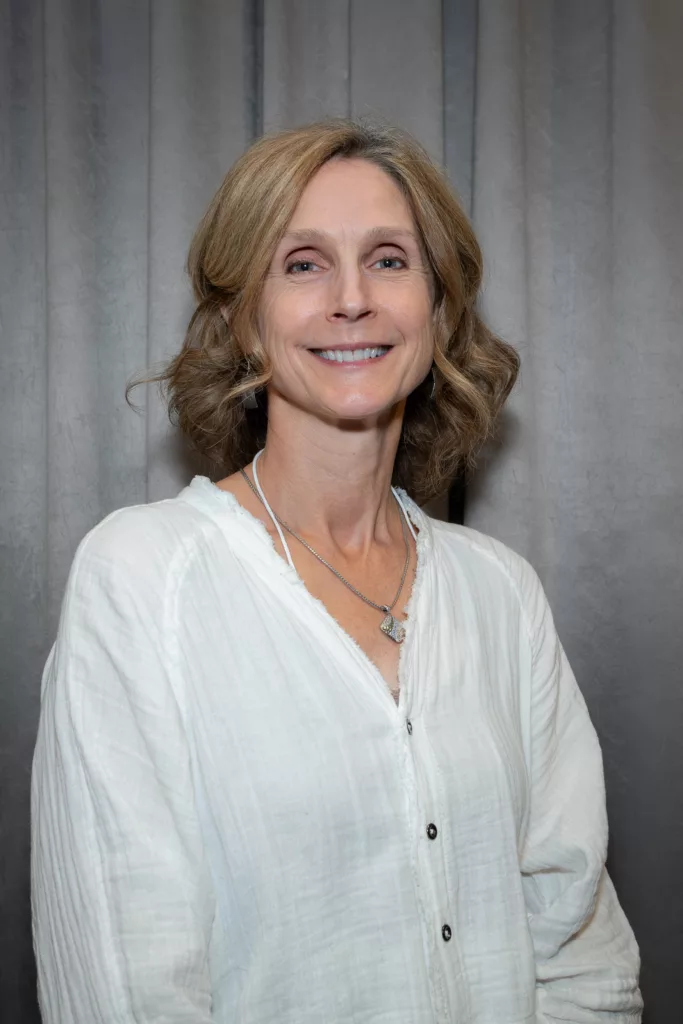
By Dr. Michelle Brousson, BSc, MDCM, CCFP, FCFP
Dr. Brousson is a Family Physician at the HealthConnection Clinic.
She is also the Chair of the North Shore Community Committee on Substance Use, and is a Clinical Assistant Professor at UBC’s Faculty of Medicine, in the Department of Family Practice
You know him, or someone like him. He’s someone you care about, you assume he is probably okay, but don’t want to ask so as not to offend. He might have had a few bumps in the road over the years. Is he a brother? Son? Partner? Father? Friend? Maybe they are known for their music, laugh, working construction, famous cookie recipe, hard work, cracking jokes.
The fact is, we are losing neighbours, friends, and loved ones on a daily basis. In this province, almost seven individuals per day have succumbed to accidental overdose due to an unregulated toxic drug supply. Most of them men, most between 30 and 59 years old. Folks in their prime years. Members of our community.
When we were in the throes of the Covid 19 Pandemic, our Provincial Health Officer, Dr. Bonnie Henry told us to “Be Kind, Be Calm and Be Safe” and we listened. We came out the other side.
We have now lost almost 14,000 individuals since the province declared toxic drugs a public health emergency in April 2016.
Shame and stigma, fear of letting down others or even themselves get in the way of reaching out to ask for help. Believe it or not, most overdoses happen at home by individuals using alone. While there are many ways to tackle substance use and mental health problems, it is very hard to do by yourself. More than ever, we need connection to those around us. We are seldom alone, and yet so many feel lonely.
It’s been eight years. There are no signs of this tsunami slowing down. We need the village.
By reaching out, listening without judgment and offering time and support, you might be able to help someone find their way back to their best life. There are community programs, local resources and options available for treatment and recovery, including life-saving medications, Opioid Replacement Therapy.
Above all else, Be Kind and Curious. Be Calm and Listen. Be Safe and help others be Safe too.
By reaching out, listening without judgment, and offering your time and support, you might be able to help someone find their way back to their best life.